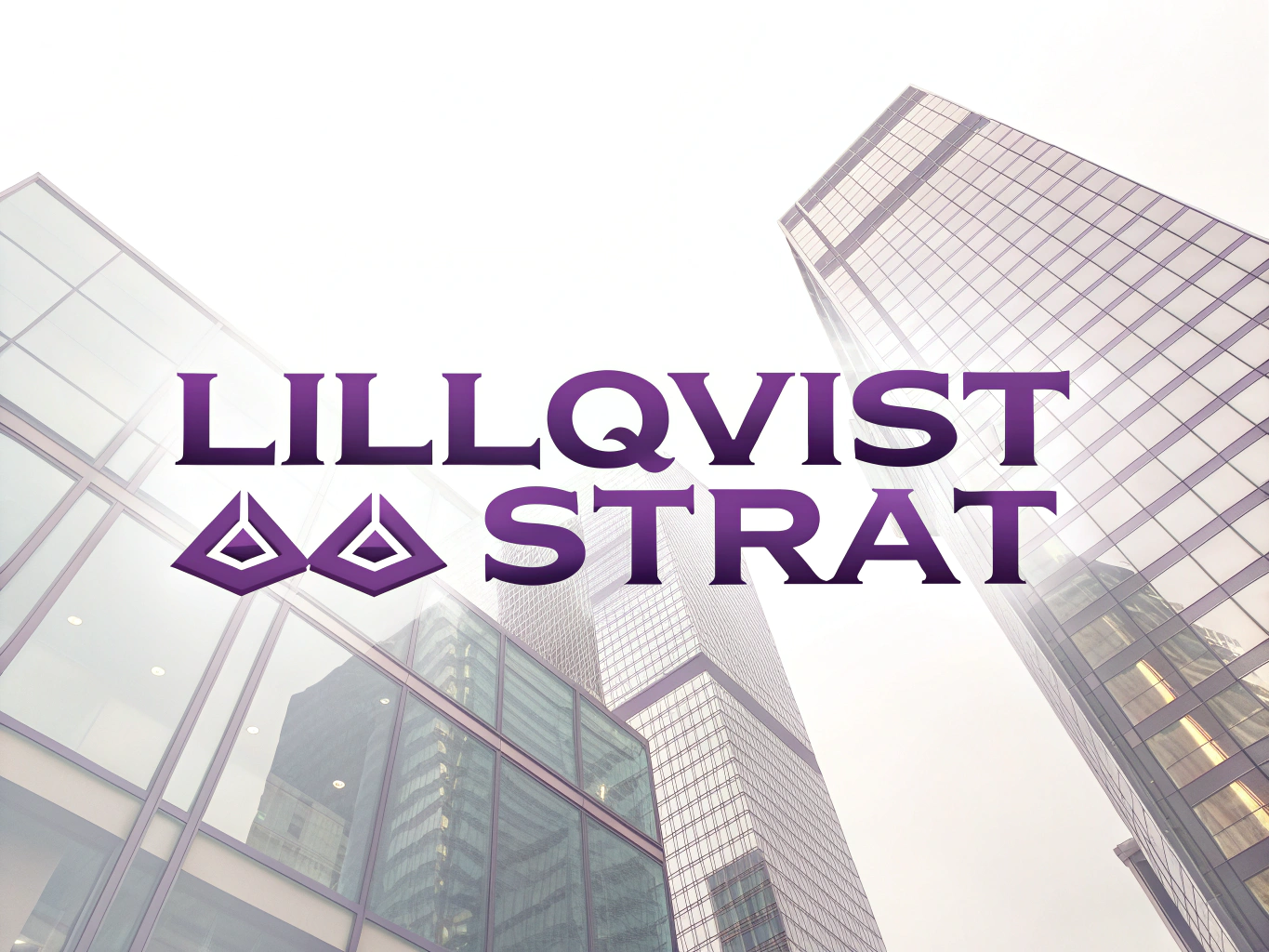In today’s fast-paced business environment, one of the most significant challenges organizations face is retaining top talent while keeping employees engaged. Traditional methods of employee engagement and retention often fall short, unable to keep up with the evolving expectations of modern workforces. However, with the rapid advancement of Artificial Intelligence (AI), companies now have a powerful tool to enhance employee engagement and reduce turnover effectively. By leveraging AI, businesses can create a more personalized, data-driven approach to managing their workforce, ultimately saving time and resources while fostering a more positive work environment.
Leveraging AI to Monitor Employee Sentiment
Employee sentiment is a key factor in understanding workforce satisfaction and predicting turnover. In the past, employers had to rely on periodic surveys, one-on-one meetings, or anecdotal feedback to gauge how employees felt about their work environment. While these methods can be useful, they often fail to provide real-time insights or detect early signs of disengagement.
AI-powered tools, however, can continuously monitor employee sentiment by analyzing data from multiple sources, such as emails, chat conversations, performance reviews, and employee surveys. Natural Language Processing (NLP), a branch of AI that understands human language, can help organizations decipher whether an employee’s language is positive, neutral, or negative. By tracking this sentiment over time, AI systems can identify patterns, pinpointing potential issues before they escalate.
For example, if an employee’s tone in email communication begins to shift, AI tools can flag this change, prompting managers to address the situation early on. Moreover, AI can predict potential turnover by recognizing patterns that indicate disengagement, such as a decrease in enthusiasm or lack of participation in meetings and projects. By using these insights, companies can intervene proactively, offering support to employees before they decide to leave the organization.
Personalized Career Development Paths
One of the most powerful features of AI is its ability to provide personalized recommendations and insights. When applied to career development, AI can help organizations create tailored growth plans for individual employees. Rather than offering a one-size-fits-all approach, AI can analyze each employee’s skills, experiences, performance metrics, and career goals to suggest customized learning and development opportunities.
For instance, AI can assess an employee’s strengths and weaknesses based on performance data, feedback from peers and managers, and self-assessments. It can then recommend relevant training programs, mentorship opportunities, or even job rotations that align with the employee’s professional aspirations. Personalized development plans not only improve employee satisfaction by offering a clear path for advancement but also demonstrate to employees that the company is invested in their growth and success.
Furthermore, AI can also predict future career trajectories within the organization, helping HR departments make strategic decisions about promotions and succession planning. For example, AI can identify high-potential employees who may be ready for leadership roles, allowing companies to foster internal talent rather than relying on external hiring. By personalizing career development, businesses can improve retention rates by showing employees that they have a future within the company, reducing the likelihood of them seeking new opportunities elsewhere.
Automating Feedback Loops and Engagement Surveys
Feedback is a crucial component of employee engagement, yet many organizations struggle with gathering meaningful feedback in a timely and efficient manner. Traditional feedback systems, such as annual or bi-annual surveys, often result in outdated information that may not accurately reflect current employee sentiments. Furthermore, the manual process of collecting and analyzing survey responses can be time-consuming and prone to bias.
AI offers a solution by automating feedback loops and engagement surveys, allowing organizations to collect real-time data on employee satisfaction. By automating this process, companies can gather insights on a more frequent basis, enabling them to track changes in sentiment and engagement over time. AI tools can analyze survey responses, identify trends, and generate actionable insights, all without the need for manual intervention.
For example, AI-powered chatbots can be used to collect feedback in real-time, asking employees quick questions about their work environment or specific projects. The chatbot can then analyze the responses and provide managers with immediate insights. Additionally, AI can flag any concerning patterns or emerging issues, allowing companies to take swift action before small problems turn into larger ones.
Automated feedback systems also save time and reduce the administrative burden on HR teams. Instead of spending hours compiling survey results and generating reports, AI tools can do this automatically, freeing up HR professionals to focus on more strategic initiatives.
The Benefits of AI-Enhanced Employee Engagement and Retention
The integration of AI into employee engagement and retention strategies offers several key benefits for organizations:
- Proactive Problem Solving: By continuously monitoring employee sentiment and predicting turnover, AI enables companies to take proactive measures, addressing issues before they escalate into larger problems.
- Personalized Development: AI-driven career development paths show employees that their personal growth is a priority for the company, which leads to increased job satisfaction and retention.
- Time and Cost Efficiency: Automating feedback loops, surveys, and sentiment analysis reduces the time spent on manual tasks and allows HR teams to focus on higher-value activities.
- Data-Driven Decisions: AI provides companies with actionable insights based on data, helping them make informed decisions about employee engagement, retention, and career development.
- Improved Employee Satisfaction: By offering personalized experiences and addressing concerns in real-time, AI can significantly improve employee satisfaction and engagement.
Conclusion
AI is transforming the way companies approach employee engagement and retention. By leveraging AI tools to monitor sentiment, provide personalized career development, and automate feedback systems, organizations can create a more engaged and satisfied workforce. The ability to predict turnover and address issues proactively not only saves time but also fosters a more positive work environment. In a competitive job market, companies that embrace AI-powered employee engagement strategies will be better equipped to retain their top talent and stay ahead of the curve.

Lillqvist Strat consults on business developement, software projects, automation, SOPs, analytical tools and more.
Contact me today to get started on our journey to higher profits, more revenue and happier employees!
Go to Contact now



